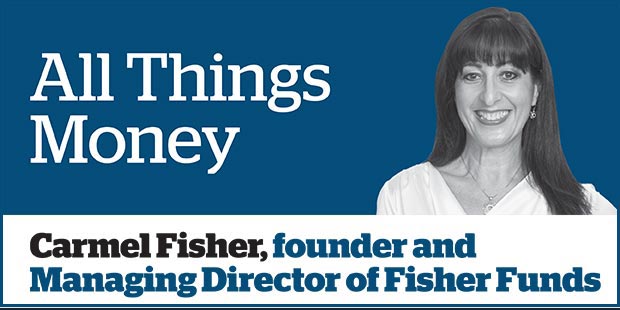It's no wonder pharmaceutical companies are seen as the bad guys of business. They charge exorbitant prices for drugs, irrespective of who needs them and how many lives they could save.
They heavily promote branded drugs and use multi-year patents to stop competitors from producing cheaper, generic drugs. They pay little heed to the accessibility and affordability of life-saving drugs and are seen to value profitability ahead of humanity.
There was a public outcry last month when start-up US company Turing Pharmaceuticals bought the marketing rights for a drug and promptly hiked its price by 5000 per cent. The drug, Daraprim, is well-established and has been successful for more than 60 years in treating toxoplasmosis in Aids and cancer sufferers. It had been priced at US$13.50 per pill, but overnight its price went up to US$750 per pill.
The Turing CEO has quickly become the new symbol of greed and insensitivity and he certainly hasn't done his pharmaceutical peers any favours.
Political candidates Hilary Clinton and Donald Trump immediately expressed their distaste for Turing's actions and talked of potential policy actions to limit the ability of drug companies to hold the public to ransom.
The Turing CEO was obvious in his avarice. The drug might have been worth a price increase but a 55-fold overnight hike was downright greedy. The fact Daraprim was an "old" drug compounded the public's anger; new and revolutionary drugs can sometimes get away with higher prices whereas established drugs can't.
Drug companies routinely lift prices, a tactic enabling the industry to generate more revenue from older medications before their patent protection disappears.
Pfizer Inc, the largest drug maker in the US, has raised prices on 133 of its brand-name products in the US this year, with 75per cent of those hikes being greater than 10 per cent. Rival company Merck raised the price of 38 drugs in the last year, with a quarter 10 per cent or greater.
Pharmaceutical companies suggest drugs are expensive because so much time and money needs to be invested to develop them. Drugs start in laboratories as chemical compounds tested in Petri dishes and then animals. This process can take three to four years, with only one in 1,000 drugs making it through.
The next step is clinical trials which basically involves testing on humans. This process can take five to 10 years and only one in 10 drugs make it through to market. A 2014 study found the average cost of going from chemical compound to an FDA-approved drug is $US2.7 billion.
But really, the value of a drug is not about how much it costs to produce. People care about the perceived value of a drug i.e. how many patients will the drug treat, how many similar drugs are on the market, and how much does it improve a life? If a drug is only important to a few people, or is the only thing that treats a disease and can save lives outright, then arguably the sky is the limit in terms of its value.
Pharmaceutical patents were a key negotiation point in the recent TPP discussions. The US wanted to increase the length of patent protection for drug companies from five years to eight (US drug companies get 12 years of patent protection). Australia strongly opposed this stance and the US ultimately backed down.
You can imagine the ferocity of those discussions. However we feel about pharmaceutical companies, they are big and powerful and we need them. The argument of humanity versus profitability looks like it will continue for some time yet.

